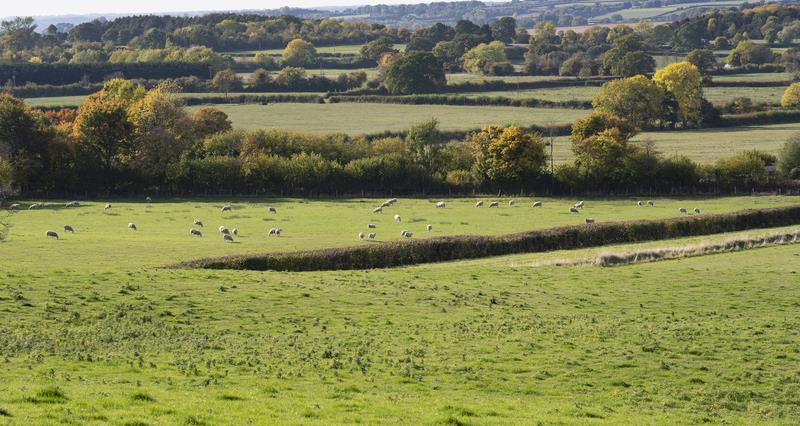During 2022, Defra launched a pilot for a proposed New Entrant Support Scheme. This was provided through a number of regional pilot leads.
The pilot had a relatively short turnaround time for applications, with deadlines closing a month after pilot information was launched. Prior to this application window, Defra appointed pilot leads through a tendering process to operate the pilot from November 2022 until Spring 2023.
The pilot was designed to test incubation: providing tactical support to young businesses in the early stages of development.
It was also aimed at nurturing entrepreneurs to further develop a business idea and encouraging innovation and growth
Those who took part will be supported to pitch for the land and finance they may be after.
Initial findings from the pilot
The pilot scheme ended in May, and Defra has now published its initial findings based on participant surveys, interviews and reports produced by the pilot leaders. The pilot had nearly 200 participants.
The main feedback showed that three key motivators pushed participants to take part in the pilot:
- access to expert advice
- developing business and entrepreneurial skills
- to create or improve their business plans.
Some participants appeared to have a greater interest in agricultural skills development, rather than the business and entrepreneurial skills which this pilot was primarily concerned with.
The majority of participants were either positive about the pilot scheme, or had felt that they had benefitted. On average, the scheme was rated 7/10 by participants for its usefulness and supporting them with achieving their intended goals, however this was only drawn from 129 of the participants.
Provider-based feedback suggested that those who benefitted less from the scheme were those too early into their business planning and had little agricultural knowledge, or those who had studied a land-based course and had a strong connection and understanding of farming.
Of the support provided, the most beneficial from participants perspective was the mentoring and coaching sessions, as well as site visits and peer to peer activities.
Gauging participants’ progress was achieved through a series of self-assessment forms, completed before and after the scheme. These focused on how participants felt about their knowledge of key business topics that had been covered by the scheme. The general consensus was, that while the scheme was helpful, it would have been better had there been more flexibility to tailor the scheme to their own individual needs.
The pilot scheme aimed to explore whether participants could improve their chances to gaining access to land and finance through improving their business and entrepreneurial skills. At this stage the evidence is inconclusive; once participants attempt to access land this will become clearer. There were practical opportunities to practise submitting a bid.
Many participants reported increased confidence in their business plans, as well as greater confidence in pitching them to land and finance providers. At the end of the project 78% felt confident in their business plan compared to 43% at the beginning of the project.
Despite this, participants views on their chances of accessing land was less optimistic, reflecting the understanding that opportunities to access land remain limited for new entrants into the sector.
To read the findings in full, visit: GOV.UK | New Entrant Support Scheme pilots: our initial findings.
Next steps
The NFU will continue to work with members and Defra in developing their plans. Work to date has led to the acceptance of support for those within the industry to benefit alongside those starting up for the first time.
Finding a way to reduce financial barriers for new entrants and mentoring support will also be key.
Background information on the pilot
Eligibility
The pilot was available to the following NFU members:
- individuals with some farming experience, but not their own land-based business
- individuals with four to 10 years’ experience running a land-based farming business
Recruitment deadline
Defra aimed to recruit about 200 pilot participants in total. Recruitment activity information can be found at: New Entrant Support Scheme: apply for the pilot | GOV.UK
Term/costs
The pilot will run into spring 2023.
Pilot activities were to take place in the evenings and on weekends, they can be carried out online at a time that works for you.
There was no cost to participants.
Organisations which ran the pilots:
Project type: Rural land-based opportunities
| Region | Pilot lead |
| West Midlands | Harper Adams University |
| South West | School for Social Entrepreneurs |
Project type: Peri-urban land-based opportunities
| Region | Pilot lead |
| North East | School for Social Entrepreneurs |
| South West | The Landworkers’ Alliance |
| South East | Shared Assets |
